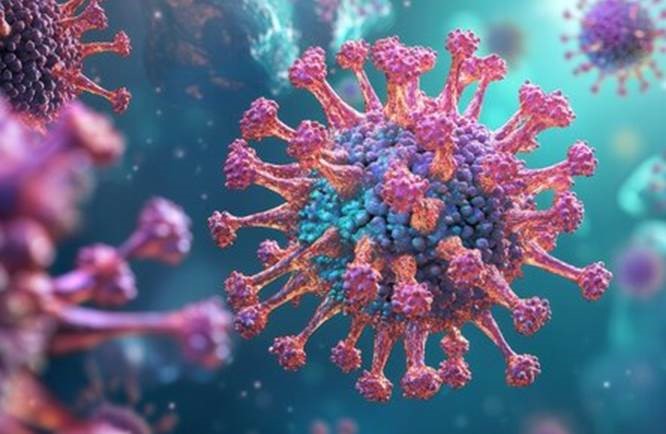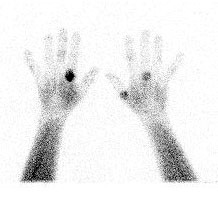Philip S. Low
Next Generation Targeted Therapeutics
Reprogramming of the human immune system

We have designed targeting ligands that can deliver attached antigens and immunomodulators specifically to dendritic cells and macrophages, and we are exploiting these ligands to develop DC-targeted vaccines and allergy medicines.

Considerable evidence suggest that activated macrophages play a critical role in the progression of most autoimmune diseases without toxicity. Because the activated (but not resting) macrophage expresses a folate receptor that can readily be exploited for targeted drug delivery, we have designed multiple folate-targeted drugs for imaging and therapy of such autoimmune diseases as rheumatoid arthritis, pulmonary fibrosis, Crohn’s disease, scleroderma, multiple sclerosis, sarcoidosis, ulcerative colitis, psoriasis, uveitis, and Sjogren’s disease, etc.). We now have a “toolbox” of folate-targeted therapeutic agents that can reprogram either M1→M2 or M2→M1 macrophages and have shown that these reagents can profoundly suppress the symptoms of many animal models of autoimmune diseases. We have also developed folate-targeted SPECT, PET, and fluorescent imaging agents for diagnosis and monitoring autoimmune diseases.